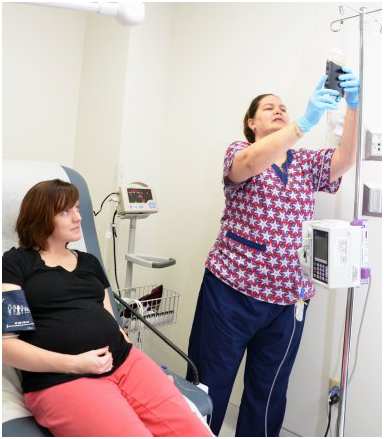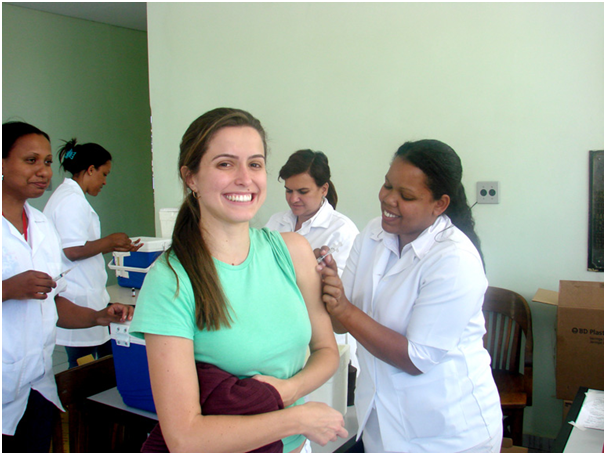When it comes to clinical trials, pregnant women are excluded as they are considered to be vulnerable. Now, researchers have said that this exclusion is unfair, as leaving mothers-to-be out may be more harmful than helpful.

By leaving out expectant mothers there is a knowledge void that surrounds the effects of drugs taken during pregnancy. There is now a desperate need to shift the thought process from protecting women from research when pregnant, to protecting them by being able to research.
Understanding the Parameters
With viruses like Zika which have recently affected pregnant woman, there is an opportunity to demonstrate how R&D in pregnant women could help others, and how clinical trials should not be discounted.
The major concern of any researcher would be the health of the unborn child. Just as the health of the patient is considered when patient recruitment services such as http://www.richmondpharmacology.com/patient-recruitment.php seek out new test subjects, so too would the health of mother and child be of foremost concern. This, however, can be taken into account, and research and trials can still take place in a controlled environment.
The major concern in this case is the vulnerability of pregnant women, their susceptibility to coercion and the vulnerability of the foetus. For many, the issue of consent arises too, as the mother has to make decisions for the foetus, and this brings in to call the rights of an unborn child too. However, the vulnerability that many pregnant woman experience comes down to lack of research, so it’s a two-fold situation. More research would reduce their vulnerability, but it may make them more vulnerable initially.

Reducing Risk
There have been many studies conducted on pregnant women, but these have involved vitamins, supplements and other similar factors. Clinical drug trials have not been allowed generally, but there are those who are now actively pushing for this to change.
If funding agencies, researchers, methodologists, pharmacologists and guideline committees were to work together to create a fair inclusion of pregnant women, major breakthroughs may be forthcoming.
For many women there would be a willingness to take part in trials, especially if their baby’s health was already compromised and there was a chance that a new drug or treatment would be successful. For now, they are unable to.

